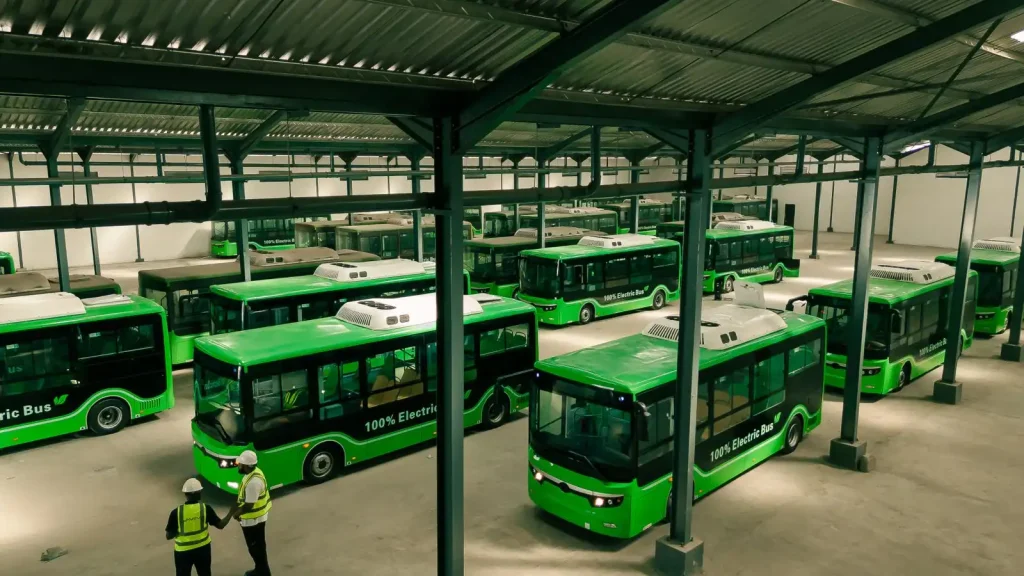Nigeria is gearing up to boost its local automotive industry by producing electric shuttle buses and plastic vehicle parts, according to Oluwemimo Osanipin, Director-General of the National Automotive Design and Development Council (NADDC).
He made the announcement during a stakeholder meeting in Uyo, Akwa Ibom State, emphasizing the government’s commitment to promoting local manufacturing under the “Nigeria First Policy.”
Making Cars with Local Plastic Parts
Osanipin said Nigeria has a big opportunity to use petroleum by-products to make plastic car components. These parts can be produced at lower costs, making local production more competitive.
“Our goal is to reduce vehicle imports and promote made-in-Nigeria cars,” he said.
The NADDC is working with major car assemblers and manufacturers to bring these plastic parts to market—helping the local economy and creating jobs.
100% Nigerian Electric Shuttle Buses
In an exciting move toward cleaner transportation, the NADDC is also partnering with 12 universities (two from each geopolitical zone) to design and build fully electric shuttle buses for campus use.
“These will be 100% Nigerian-designed, with most components will be sourced locally.” Osanipin stated.
This project is supported by vehicle makers, assemblers, and financial partners like the Bank of Industry.
It aims to encourage innovation, reduce carbon emissions, and build capacity for electric vehicle production in Nigeria.
Stronger Rules for Safer Roads
To support these projects, Osanipin urged stakeholders to back new regulations that ensure vehicles are safe and environmentally friendly.
A stronger legal framework will help Nigeria match international standards and grow its reputation as an automotive hub in Africa.
Security and Economic Impact
Ajibola Adedoyin, President of the Automotive Dealers of Nigeria, added that proper regulation has security benefits.
When cars are imported through registered dealers, they are easier to trace—helping law enforcement and reducing crime.
He also urged the government to keep policies fair, so vehicles remain affordable for everyday Nigerians.
Nigeria’s Road to Auto Leadership
With these initiatives, Nigeria is moving toward a future of self-sufficiency, innovation, and sustainable transport.
Local production will cut import costs, create jobs, and build a stronger economy—while also making the roads safer and cleaner.
The journey to becoming Africa’s automotive leader has begun.




















